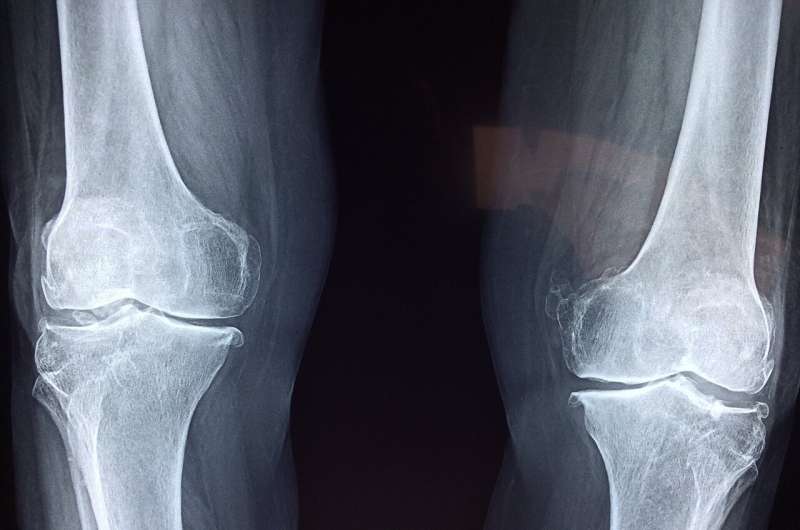New strategies for engineering stable articular cartilage


A new study assesses the effect of the gremlin-1 (GREM1) protein on the in vitro and in vivo stability of bone marrow stem cell (BMSC)-derived cartilage engineered within scaffolds. The study design and results are reported in the peer-reviewed journal Tissue Engineering, Part A.
A major challenge associated with MSC-derived cartilage is that the cells tend to undergo hypertrophic differentiation, yielding tissue unsuitable for use in articular cartilage repair. New tissue engineering strategies are needed to generate stable chondrocyte-like cells from BMSCs. In this study, Daniel Kelly, from Trinity College, and co-authors treated BMSCs seeded onto scaffolds with GREM1, which is a glycoprotein that inhibits bone morphogenetic proteins (BMPs). BMPS are capable of inducing endochondral bone formation. The investigators found that GREM1 suppressed the expression of known hypertrophic markers and slowed the turnover of engineered cartilage tissue in vivo. However, it did not prevent endochondral ossification from occurring in vivo.
“The results of this study demonstrate that cartilage constructs engineered in the presence of GREM1 are more resistant to matrix degradation and turnover upon subcutaneous implantation, although stimulation with such BMP antagonist in vitro does not prevent regions of the tissue undergoing endochondral ossification in vivo,” concluded the investigators.
Source: Read Full Article